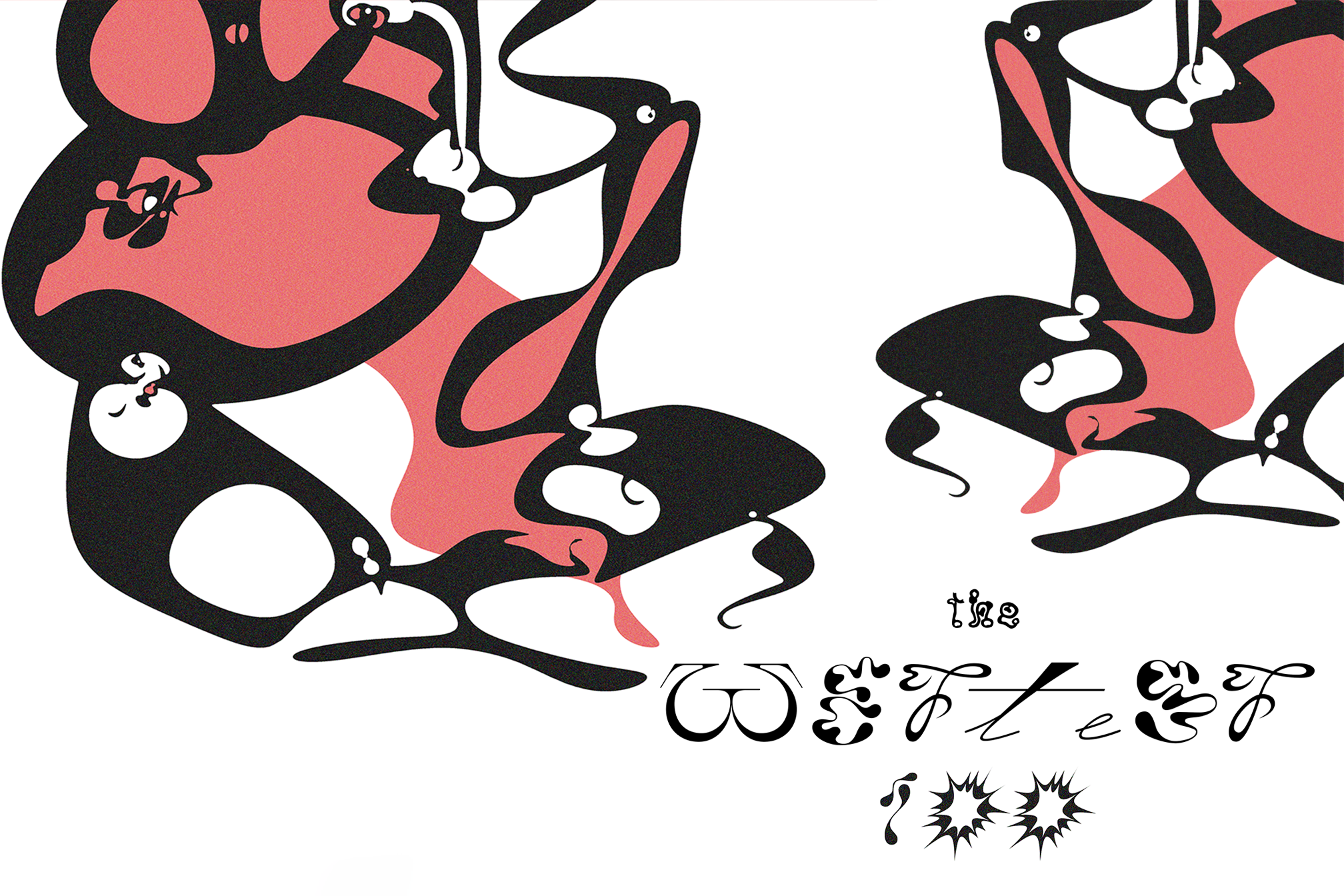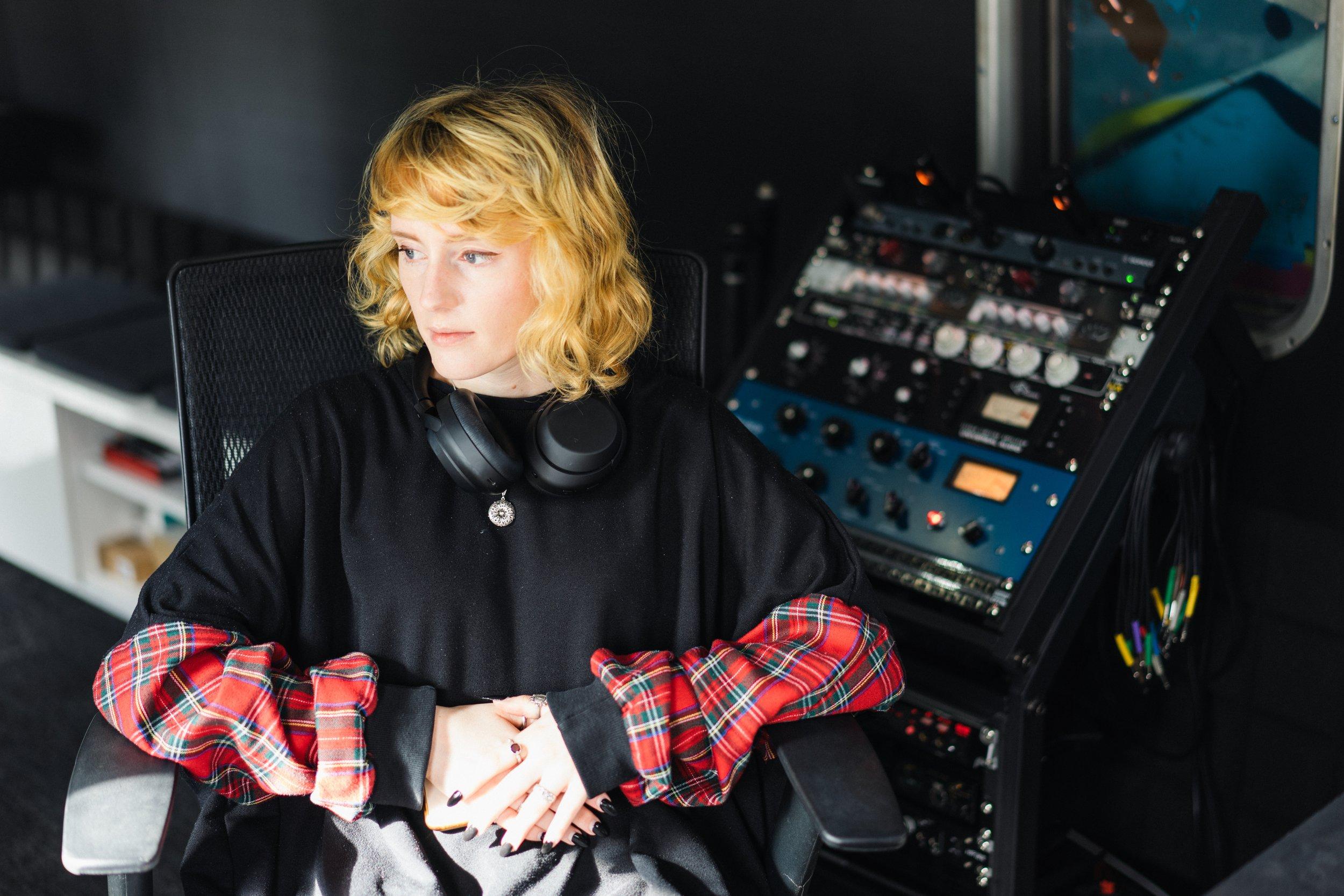 INTERVIEWS
INTERVIEWS
The ‘Wettest 100’ is a locally focused alternative to music rankings
Though only in its fourth year, the 'alternative' focused alternative is here to prove why local is best.
Since 1989, Triple J’s ‘Hottest 100’ has sought to rank the most popular songs of any given year, as voted by the music-loving Australian public. While the date may have moved in 2017, due to an increasing distaste among listeners towards the broadcasts previously being held on Invasion Day (January 26), the ranking has, for the most part, stayed the same.
Music taste has clearly changed over the years. 1989’s number one was Joy Division’s ‘Love Will Tear Us Apart’, while Doja Cat’s ‘Paint the Town Red’ appeared to decimate the competition just last year. But while music taste, production, performance, publication and broadcast has changed so much in 35 years, many music lovers don’t feel that the publicly funded competition truly reflects their values or taste any more.
Enter the ‘Wettest 100’.
Started by Becki Whitton in 2021, the ‘Wettest 100’ is a fan-voted top 100 countdown celebrating more ‘left-field’ Australian music. With a slew of local tracks and albums curated by some of Australia’s most trusted musical minds, the project aims to provide a more locally focused celebration of music on a yearly basis.
Among this year’s nominees include gi, Grasps, Mara, Marcus Whale, CS + Kreme, Lavurn, Sui Zhen, cherry chola, Logic1000, DOBBY, and many more that sit outside of Mixmag ANZ’s own electronic leanings.
As the project enters its last week of voting, we sat down for a quick chat with Becki, to get an idea of how it all came to be, and what it means for Australian music.

Q: Firstly, can you give us a bit of background on yourself? How do you fit into Australia's broader music culture?
BW: I’m a producer and mixing/mastering engineer as well as an artist making music as Aphir. The music I work on in my day job audio engineering ranges pretty widely from pop (Beckah Amani, GRAACE, Memphis LK) to experimental stuff (潘PAN, Brambles) to literal prog (Closure in Moscow). My own music is like, ambient vocal improvisation and surrealist pop songs.
Q: How did the Wettest 100 start? What prompted you to kick off a project like this?
BW: It literally started because every year during the Hottest 100 season I would post some silly tweet like “where’s the harsh noise hottest 100??” and people would be like “yeah!!” to the point where I was like ok what if we made some kind of countdown to accommodate the stuff that triple j doesn’t. The first year it ran I literally just put a Q&A box in my personal instagram story and people sent their favourite tracks of the year in.
Q: The Wettest 100 claims it's 'an alternative'. Is this how you'd describe the music that's featured?
BW: I would say at this stage the Wettest 100 is championing a pretty broad cross-section of genres because it’s catching a lot of stuff that falls outside the genre-scope of triple j - which I see championing more pop/indie rock/ hip hop type stuff - and 4zzz’s hottest 100 - Australia’s original hot 100 countdown - which also tends to champion more indie as well as punk and heavier music, and has a stronger local focus being QLD’s major metro station. The Wettest 100 tends to represent a lot of experimental music, art pop, ambient music, punk, and post-classical stuff.
Q: Why do you think the music featured on the Wettest 100 is so different from the Hottest 100?
BW: One big difference is that the Wettest 100 exclusively represents Australian music. This is important to me because I feel like, looking at Australia comparatively against cultural attitudes to music in other countries, there’s room for Australia to value its own musical output so much more, especially music and sound work that pushes the boundaries. The Wettest 100 is one project among many that are having a go at changing this trend at the moment as Australia’s population grows and our tastes diversify.
Q: Offering a counterpoint to Triple J's long running music competition is clearly making a statement about what that competition represents & achieves. Would you care to share your opinion on the Hottest 100?
BW: My read on the situation with triple j is that they’ve picked a path genre-wise and it’s time to acknowledge that there are just certain types of music they’re not going to champion. What that means is that we need other platforms to have more power to help build artists’ careers. And that only makes sense right? There are more people releasing music than ever, a bunch of it is really great. One station could never meaningfully uphold all of it.
Q: This will be the Wettest 100's fourth year, what have you learned in that time?
BW: SO much. I’m still learning. I’ve literally learned on the spot how to put together a music countdown - I did zero training to prepare me for it. Really it still exists because people got around the initial experiment so fervently. I think it’s helped that I’ve been open about how experimental and new it all is. The Wettest 100 owes a lot to Raphael Kabo who created the website, and Sam Andrews who makes a new logo every year and does the visual design work.
Q: Are there any trends in the voting that you've seen continue across all previous years?
BW: The main trend is: artists who ask their followers to vote for them rank highly. Often if you vote for an indie artist in the Hottest 100 it can feel like a nice shout out to the band that’s not gonna actually impact the ranking because triple j has such a big audience and is so established. But since the Wettest 100 is so new the fanbases for underground artists still have a lot of power.
Q: You provide a 'longlist' of the songs featured. How do you think this differs from a playlist?
BW: The longlist is actually a really new thing for this project - in previous years voting had just been a free-for-all where any Australian track from the year could be nominated. When the countdown grew a whole lot bigger last year, though, I realised that the free-for-all approach was compromising the mission a bit because we were seeing quite a lot of tracks come through that sit in genre-worlds that triple j and other mainstream outlets still champion. So this year I got in touch with a bunch of curators who are creating spaces for left-field music on radio and/or through booking venues around Australia, and they each sent through their favourite tracks and albums of 2024 to make up the longlist.
Q: This longlist finds itself on buymusic.club. Could you explain why using this platform was so important to you & what the Wettest 100 represents?
BW: It’s not a secret that Spotify pays artists badly-to-not-at-all, and ideally the Wettest 100 would be a stepping stone towards more financial security/opportunity for left-field artists. Having the longlist on Buy Music Club is a way to direct people to the artists’ bandcamp pages where you can (as the title suggests) buy their music. I also put up a Spotify playlist each year which I consider to be reference material - it’s a way to find the music that you love best so you can go and grab it on bandcamp, or follow the artists you like and go to their shows.
Q: Who are your top picks for this year?
BW: I don’t think I’m allowed to say!! I will say this, Lutruwita-based artists went IN this year, the Tassie community has really rallied around their favourites.
Q: What do you hope for the future of the project?
BW: I’ll keep working on it and helping it grow as long as there’s a strong desire for it. I’m really grateful to Bird’s Robe Collective because they’ve supported the project by covering its basic costs over the last couple of years, and it would be great to find extra funding to bring more people on board to help and to have an advertising budget. So far the project has grown solely through word of mouth and community support which I think is really cool - it’s felt like a safe environment to kick things off and now it feels like it could sustain a bigger voting base.
-
View the nominees & vote for your favourites via The Wettest 100’s website here.
Jack Colquhoun is Mixmag ANZ’s Managing Editor, find him on Instagram.


